New Executive Order Raises Tariffs on Chinese Imports to 104%
In a significant move that deepens the ongoing trade war between the United States and China, U.S. President Donald Trump signed an executive order on Tuesday evening that dramatically increases tariffs on Chinese goods.
The new order imposes an additional 50% tariff on imports from China, raising the overall rate from 34% to 84%. Including a previously imposed 20% tariff from March, the total tariff rate now stands at 104%, effective from 00:01 ET on April 9.
Trump Targets De Minimis Goods and Global Trade Practices
The executive order also eliminates tariff exemptions for De Minimis goods—low-value items imported from China and Hong Kong that were previously excluded from U.S. tariffs. This marks a clear shift in Trump’s trade strategy, as he targets even smaller, everyday imports in an attempt to reduce what he claims are “unfair” trade advantages for China.
Trump stated that the goal of these increased tariffs is to correct long-standing trade imbalances and boost U.S. manufacturing and industrial output.
China Vows Retaliation as Tensions Escalate
The response from Beijing has been firm. Chinese officials have vowed to “fight to the end” and show no sign of backing down. In retaliation to earlier U.S. tariffs, China had imposed 34% tariffs on American goods, triggering Trump’s latest hike.
Reacting to the new tariff order, China is expected to ramp up economic stimulus measures, aiming to support local businesses and stabilize financial markets.
Financial Markets React with Volatility
The announcement of Trump’s tariff increase caused a ripple effect across global financial markets. Investors fear a full-scale global trade war, and U.S. companies are already reporting disruptions due to the increased costs of imports.
Major indices have seen sharp declines in recent sessions, reflecting uncertainty over future trade relations and economic growth.
Treasury Secretary Bessent: “China Made a Big Mistake”
In an interview with CNBC, U.S. Treasury Secretary Bessent criticized China’s response, calling it a “big mistake”. He emphasized that the U.S. is in talks with up to 70 countries for new trade agreements. According to Bessent, the tariff negotiations were initiated not by market pressure but because several countries approached the U.S. for updated trade deals.
Bessent also clarified that he was not responsible for calculating the specific tariff numbers but reaffirmed Trump’s commitment to addressing global trade imbalances.
China Responds with Market-Support Measures
To counter the effects of the tariffs and support its domestic economy, China’s sovereign wealth fund, Central Huijin, has increased its investments in exchange-traded funds (ETFs). The move is aimed at stabilizing capital markets and ensuring investor confidence.
Additionally, China’s Social Security Fund has confirmed its continued investment in A-share stocks, indicating strong support for the country’s local stock markets.
In another bold move, state-owned firm Chengtong announced it would use 100 billion yuan from its stock buyback program to purchase shares in publicly listed companies, further injecting liquidity into the Chinese market.
Hang Seng Tech Index bounced back and turned positive after dropping nearly 6% earlier. Mainland China stock markets also recovered from their early losses, with the Shenzhen Index rising 0.9%.
Xi Jinping Stresses China’s Economic Strength
Amid the rising tensions, Chinese President Xi Jinping reassured citizens and investors by stating, “The Chinese economy is a sea, not a pond. Storms can overturn a pond, but never a sea.” This metaphor underlines China’s confidence in its economic resilience.
Conclusion: Trade War Reaches a Critical Stage
The latest tariff escalation marks one of the most aggressive moves in the U.S.-China trade conflict. With both sides refusing to back down and retaliatory measures piling up, the risk of prolonged economic instability is increasing. While Trump focuses on restoring U.S. trade advantages, China is equally determined to shield its markets and support its economy.
As global markets continue to react, businesses and investors should brace for continued volatility and policy unpredictability in the months ahead.
Update
President Trump says countries are “kissing my ass” to make a new trade deal.

BBW News Desk is the editorial team of BigBreakingWire, a digital newsroom focused on global finance, markets, geopolitics, trade policy, and macroeconomic developments.
Our editors monitor government decisions, central bank actions, international trade movements, corporate activity, and economic indicators to deliver fast, fact-based reporting for investors, professionals, and informed readers.
The BBW News Desk operates under the editorial standards of BigBreakingWire, prioritizing accuracy, verified information, and timely updates on major global developments.
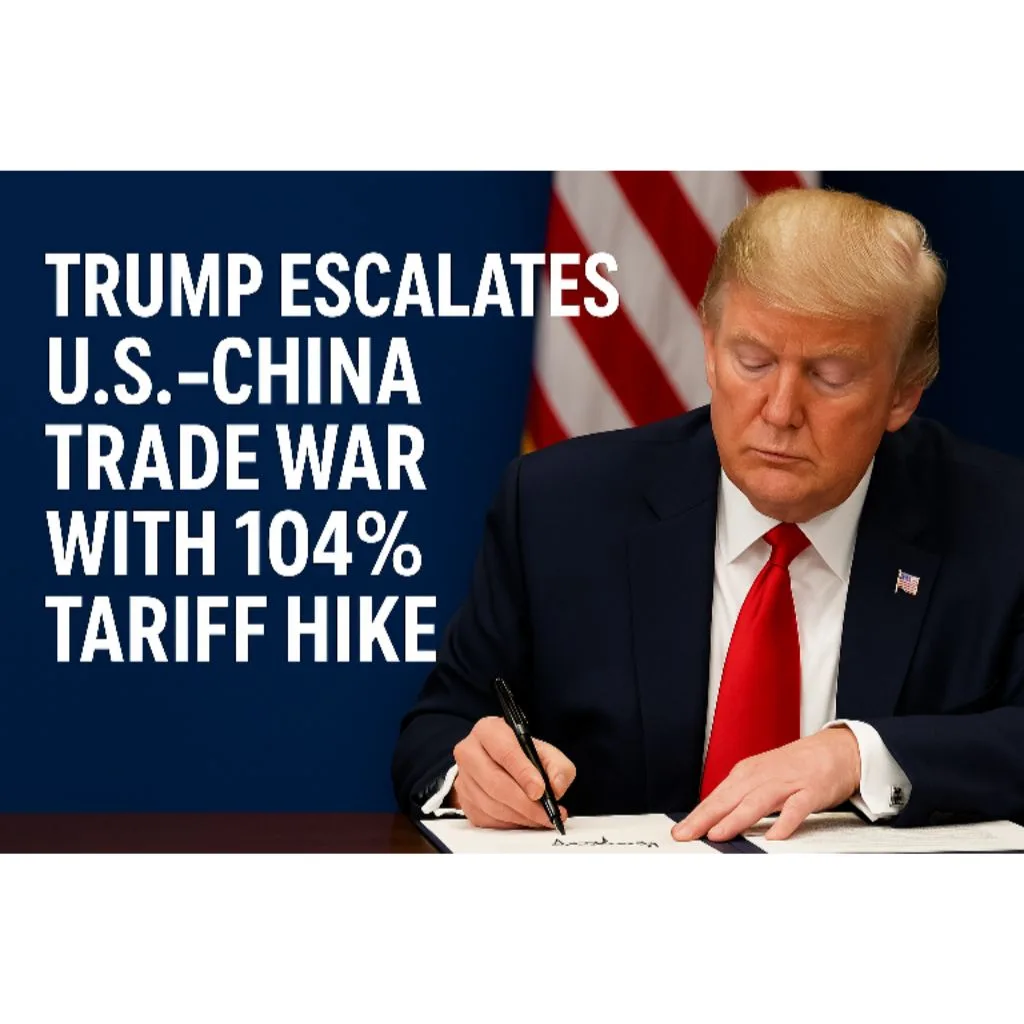









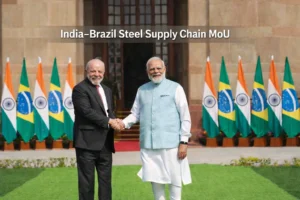
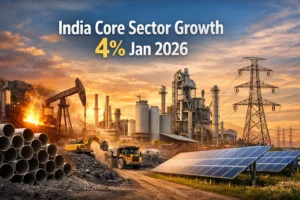

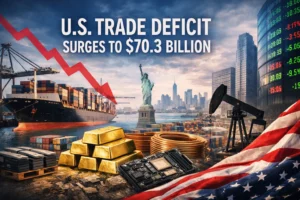
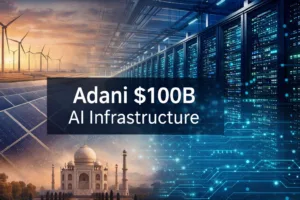
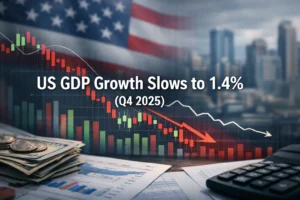
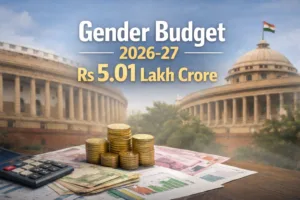

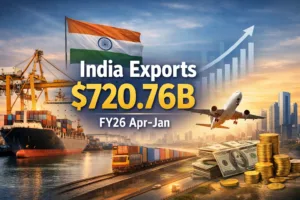



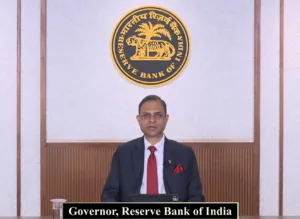


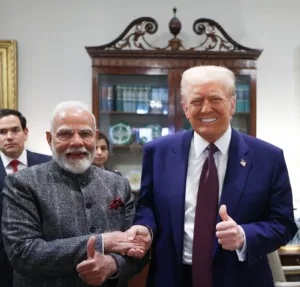

Be First to Comment